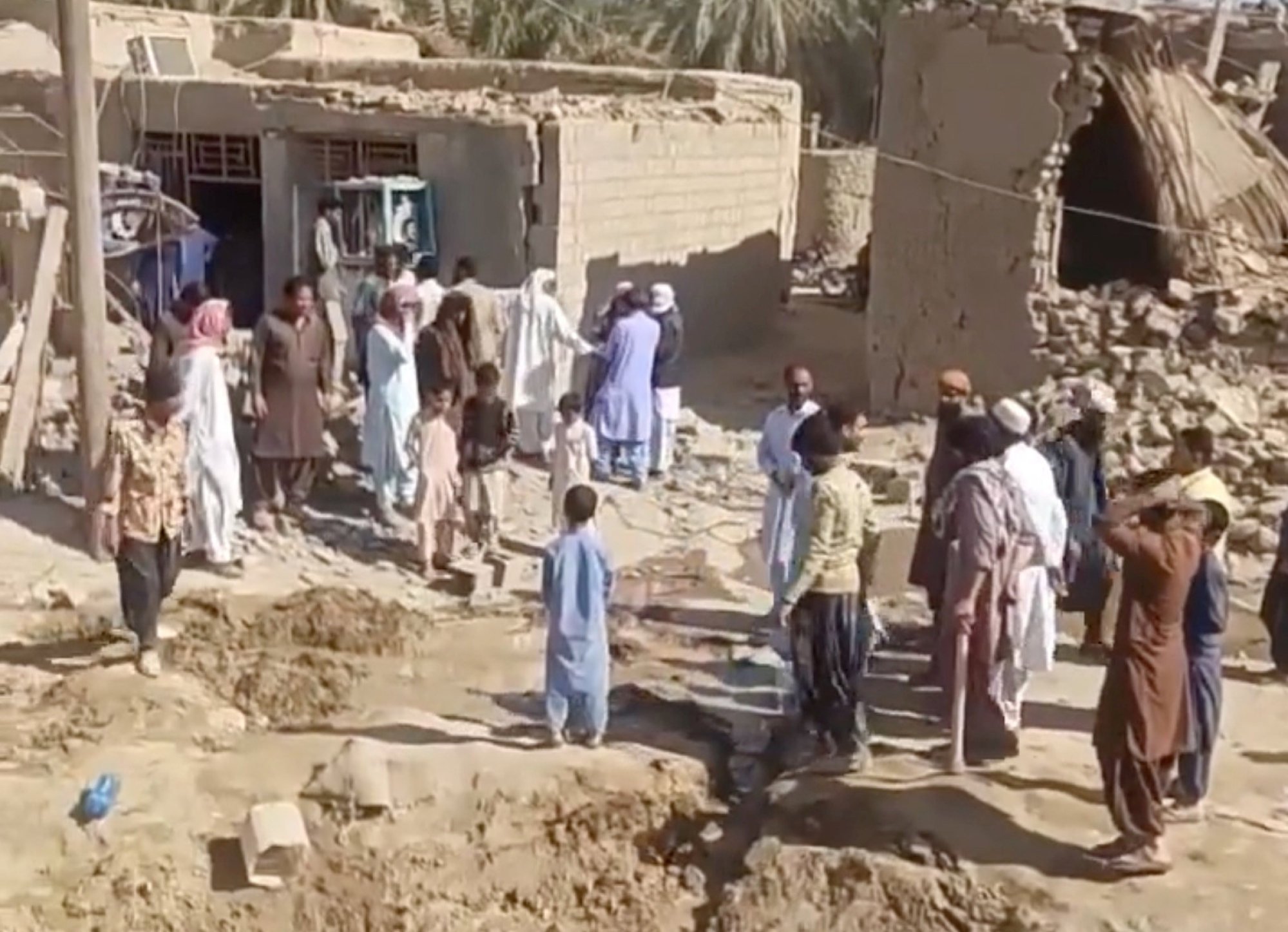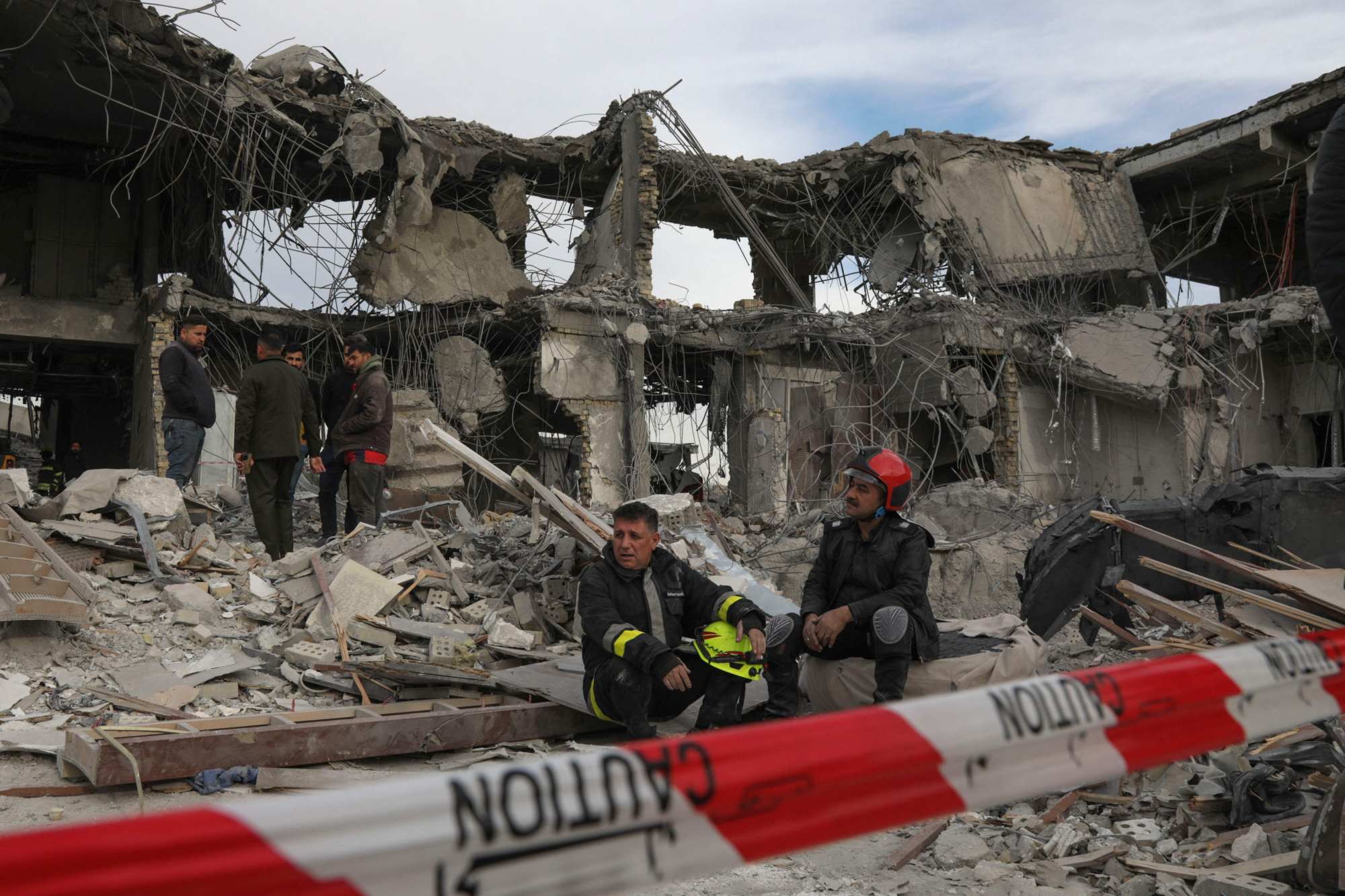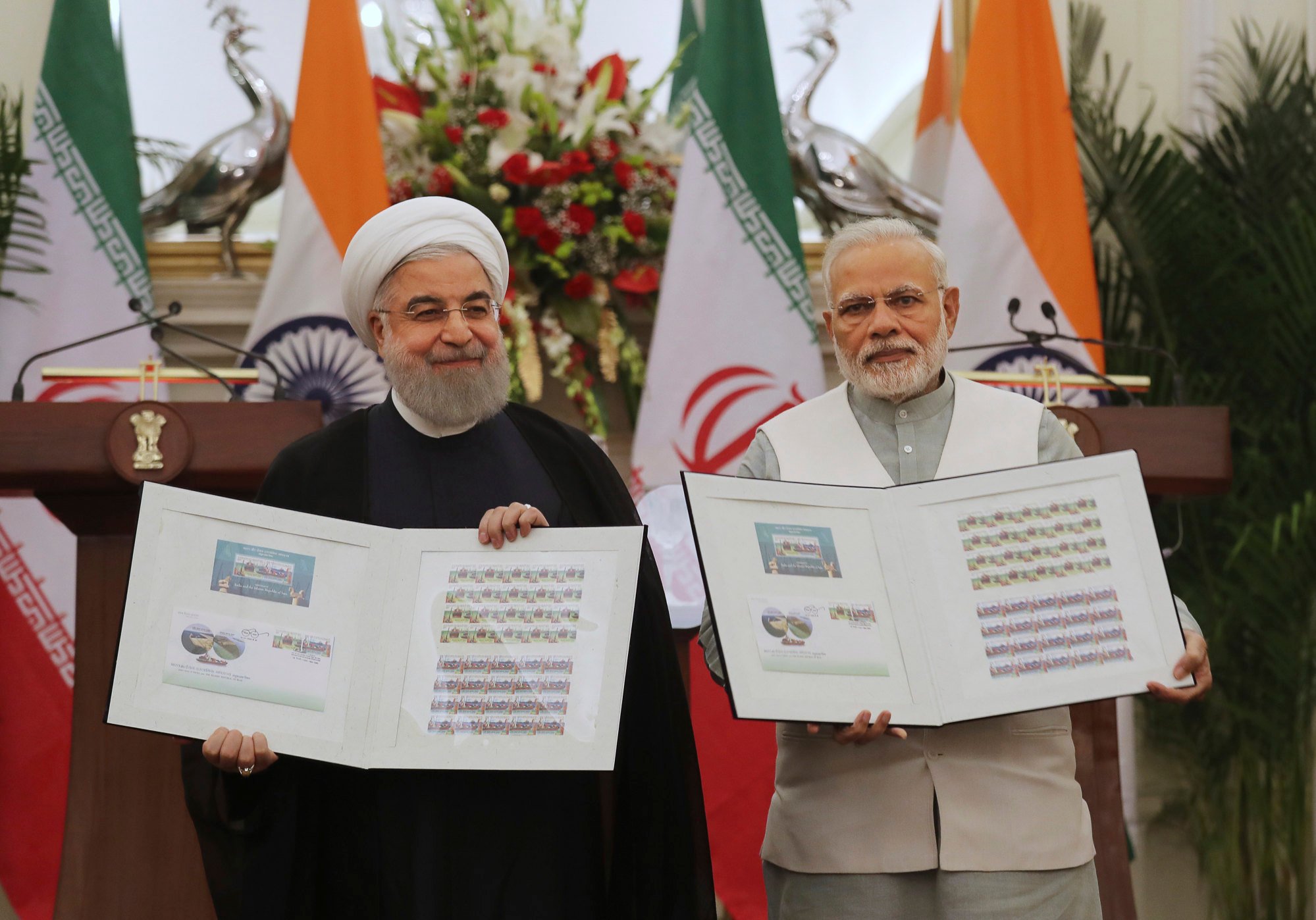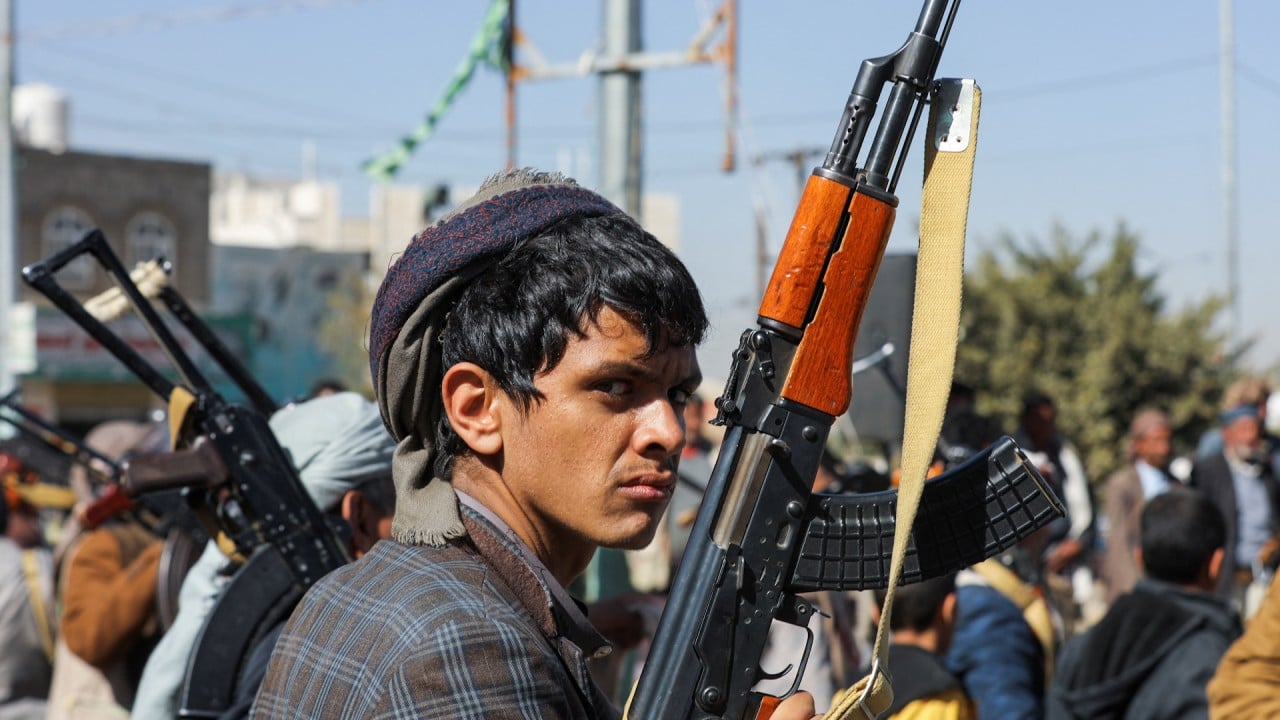
“In Pakistan’s case certainly, Iran has miscalculated by assuming it would not retaliate” out of fear of being dragged into the wider Middle East conflict emanating from the Israel-Gaza war, said Abdul Basit, a senior associate fellow of the S. Rajaratnam School of International Studies at Singapore’s Nanyang Technological University.
‘Price to pay’: Iran and US wary of Israel-Gaza war’s spillover impact
‘Price to pay’: Iran and US wary of Israel-Gaza war’s spillover impact
In fact, “Pakistan had no choice other than to retaliate” because failure to do so would have signalled weakness both to perennial enemy India and Taliban insurgents currently waging war against Pakistani security forces from bases in Afghanistan, he said.
“This is inconvenient for Iran, which has no interest in a war with the Taliban regime”, said Ali Alfoneh, a senior resident scholar of the Arab Gulf States Institute in Washington.
However, “in order not to lose face, and not renege on its vow to avenge, Iran hit more or less random targets” in Iraq, Syria, and “somewhat surprisingly” also Pakistan.
US-UK attacks on Houthis raise war stakes in Middle East amid Gaza conflict
US-UK attacks on Houthis raise war stakes in Middle East amid Gaza conflict
Iran’s choice of targets “is open to interpretation, but ease and expected lack of consequence also played into Iran’s calculations”, said Alfoneh, the author of Political Succession in the Islamic Republic of Iran: Demise of the Clergy and the Rise of the Revolutionary Guard Corps.
But Pakistan is “slightly different”, he said.
Iran has largely avoided direct participation in the Israel-Gaza war and has instead relied on actions by the so-called Axis of Resistance allies, including the ongoing attacks on commercial shipping in the Red by Yemen’s Houthi rebel movement.
Analysts said Iran’s attacks on Iraq, Pakistan and Syria were meant to send signals to its adversaries.
One message was that Iran is “a regional power that has the capacity to act if it judges it necessary to do so”, said Guy Burton, an independent analyst who previously taught international politics at the University of Kurdistan Hewler in Arbil, the northern Iraqi city targeted by Iran on Monday.
The Iranian air strikes also highlighted some of the region’s weaknesses, including the inability of Iraq to hit back.

Iran’s third message was that “it is able to hit indirectly at American and Israeli interests, while probably signalling that it doesn’t want to make this a more direct confrontation”, he said.
Practically, the Iranian regime is “in no state” for an escalation of conflict and the consequences that might bring, especially given its relatively poor economic state.
“Indeed, there must be some calculation going on inside Tehran about how far they can push confrontation without risking a domestic spillover in the form of opposition that might affect the regime’s position and stability,” said Burton, who is the author of China and Middle East Conflicts: Responding to War and Rivalry from the Cold War to the Present.
To prevent Iran’s blunder from escalating further, analysts said China may have to intervene diplomatically, using its close friendship with Pakistan and political leverage with Iran and Iraq.
Chinese foreign ministry spokeswoman Mao Ning on Thursday told a regular press conference that Beijing “sincerely hopes that the two sides can exercise calm and restraint and avoid an escalation of tension”.
“We are also willing to play a constructive role in de-escalating the situation if both sides so wish,” she added.
China has substantial interests in Pakistan’s Balochistan province, notably the Indian Ocean port of Gwadar, which is connected overland to its southwest Xinjiang region.
Likewise, China has invested heavily in Iraq’s oil and gas industry.
Beijing is also a strategic partner of Tehran, and the guarantor of an agreement struck last March that led to the restoration of diplomatic relations between Iran and Saudi Arabia after a seven-year hiatus.
Given its economic and strategic interests, “China cannot be a bystander to escalating tensions”, Singapore-based Basit said.
“In a way, it is a test of China’s diplomacy and influence in these regions and countries as much as it is detrimental to its economic investments if tensions escalate further,” he added.
Unlike Pakistan, Iraq was in no position to militarily retaliate against Iran because the administration of Prime Minister Mohammed Shia al-Sudani is dominated by a Tehran-aligned political grouping called the Coordination Framework (CF).
Al-Sudani has come under mounting pressure from his coalition allies to expel the 2,500 American troops based in Iraq, following the US military’s exchanges of fire with Shia militias supported by the CF since the outbreak of the Israel-Gaza war on October 7.

He has publicly agreed without setting a timetable, and seems to be stalling, analysts said.
“Iraq is still a weak state, unable to push back against outside intervention whether by other states or non-state actors – some of which in the form of the Iran-backed militias also have a domestic base and constituency,” Burton said.
Given that the bulk of China’s investments in Iraq is located in the south of the country, rather than in the Kurdish north hit by Iran, Beijing may be less inclined to get involved diplomatically.
Instead, the Chinese government would be “more likely to look dimly on attacks” in Pakistan’s Balochistan province, “especially if it judged them to affect Chinese interests there”, said Burton.

Just as China is developing Gwadar port in Pakistan, Iran is looking to develop its own nearby Chabahar port with India’s backing, following a deal struck between the two governments on Monday.
“So Tehran might well see any spanner in the works at Gwadar as an opportunity for them and Chabahar,” Burton said. “It’s not the case that the Chinese and Iranians see eye to eye on everything.”
EMEA Tribune is not involved in this news article, it is taken from our partners and or from the News Agencies. Copyright and Credit go to the News Agencies, email [email protected] Follow our WhatsApp verified Channel










